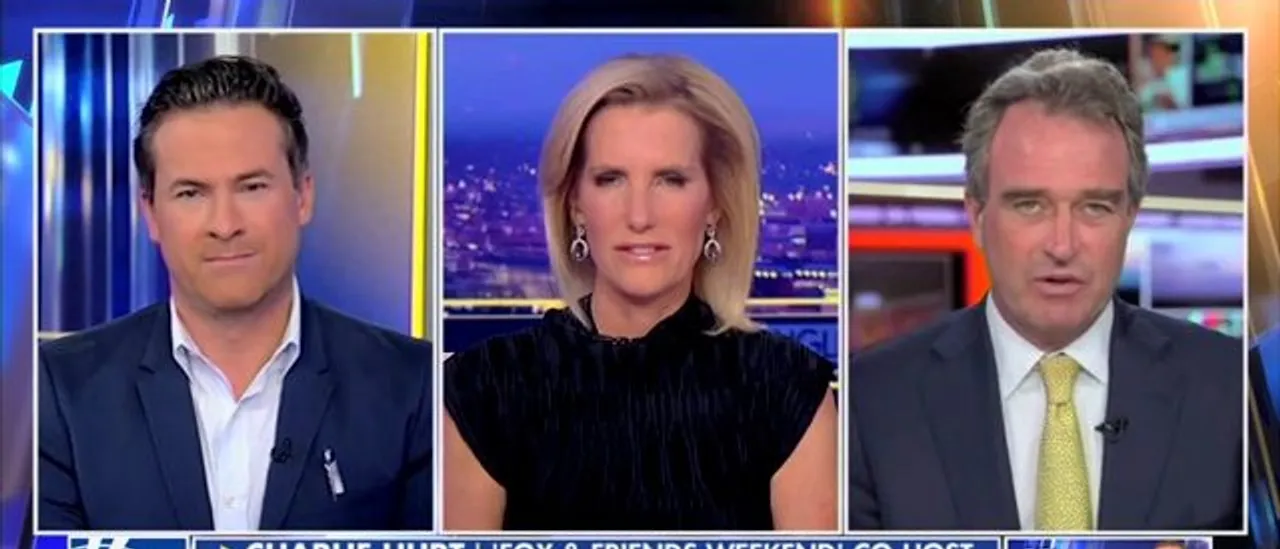Georgia Ponzi Scheme Unveils Political Ripple Effects in Alabama
A Ponzi scheme based in Georgia, notorious for defrauding conservative seniors and church members, has reportedly swindled $140 million, and the implications are reaching into the political sphere of Alabama.
On August 18, Georgia’s Secretary of State, Brad Raffensperger, issued a new round of subpoenas as part of a broader inquiry into the First Freedom Building and Loan. Speaking to WSB-TV Atlanta, Raffensperger emphasized the determination of his office, stating, “We are hardworking, energetic, robust, and we are going to get to the bottom of that.” The subpoenas aim to obtain additional financial and investor records as investigators try to trace the funds and uncover the extent of the Ponzi scheme.
Blunt Frost IV, identified as a key figure in this operation, leveraged a faith-based promise of high returns to lure over 300 individuals. According to federal regulators, he drew in millions through investments in rare coins, travel, and political donations. When the scheme ultimately collapsed, the company was left with less than $3 million.
The fallout, however, extends beyond Georgia.
In Alabama, Secretary of State Wes Allen has called for politicians to return any donations associated with Frost or his company. He remarked, “These are dollars taken by hardworking investors pretending to be false and should be made available for compensation.”
Notable recipients of Frost-linked donations include Alabama politicians like Benjamin Harrison and state auditor Andrew Sorrell, who has indicated he is working on returning the funds.
But behind closed doors, multiple sources reveal that the scheme’s tentacles reach deeper into Alabama’s political landscape. A source from within the GOP mentioned that some individuals were endorsing investments in First Liberty because they were receiving kickbacks from each investment. This network leveraged political credibility to cultivate a false sense of legitimacy.
Another seasoned Republican insider shared that some of these promoters were operating within churches and GOP circles, suggesting that the messaging was crafted to resonate with Christian and patriotic values, thus making it tougher for potential skeptics to voice concerns.
Several high-profile Republican officials linked to Frost have not responded to inquiries for comment.
Despite the escalating discussions surrounding the scandal, Alabama Attorney General Steve Marshall has yet to initiate an investigation. According to an insider familiar with the political landscape, “Don’t expect Steve Marshall to start an investigation because he doesn’t want to step on his big toe.” This lack of action stands in stark contrast to the proactive measures being taken in Georgia and raises questions about Marshall’s commitment to holding his political allies accountable.
Meanwhile, a federal court has put a hold on Frost’s assets, appointing an entity to recover what’s left for the investors. The SEC’s civil complaints detail a decade-long scheme that cleverly utilized Christian rhetoric, Republican trust, and community ties to amass millions, with funds funneled into luxury and political endeavors.
As Georgia regulators broaden their investigations and issue more subpoenas, Alabama officials might soon have to confront what could be one of the largest financial frauds in the region’s recent history.
The situation continues to unfold amidst whispers of money, silence, and subsequent fallout.







